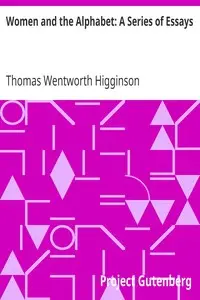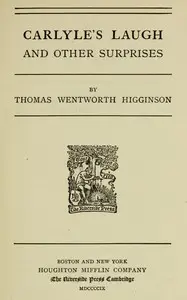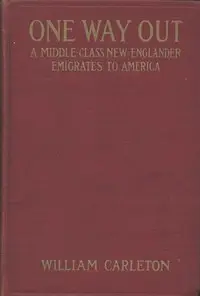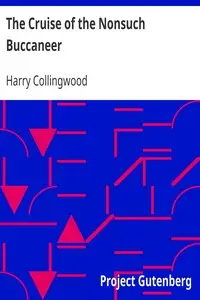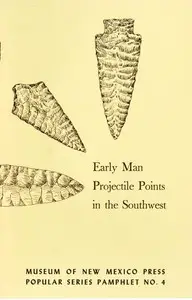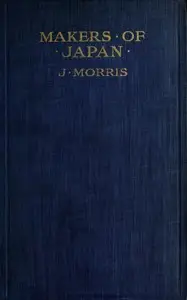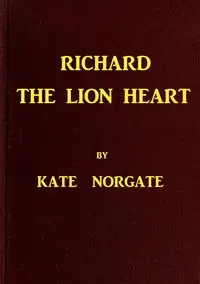"HENRY WADSWORTH LONGFELLOW" by Thomas Wentworth Higginson is a biographical account written in the early 20th century as part of the "American Men of Letters" series. The book delves into the life and works of the renowned American poet Henry Wadsworth Longfellow, exploring his background, influences, and literary contributions. It offers insights into Longfellow's early years, his academic journey, and the events that shaped his famed career, including his interactions with influential literary circles. The opening of the memoir provides a tribute to Longfellow's significant impact on American literature, noting his status as a leading poet of his time and his widespread fame. Higginson introduces Longfellow's life, beginning with reflections on his importance among contemporaries and the "breach" left by his death. The author hints at the transformative periods of Longfellow's life, highlighting his childhood in Maine, early education, and the relationships that informed his growth as a poet. This sets the stage for a detailed exploration of Longfellow's literary pursuits, including his ambition to establish a distinctly American literature. The chapter promises a rich narrative of Longfellow’s evolution, showcasing both his personal and professional experiences. (This is an automatically generated summary.)

Henry Wadsworth Longfellow
By Thomas Wentworth Higginson
"HENRY WADSWORTH LONGFELLOW" by Thomas Wentworth Higginson is a biographical account written in the early 20th century as part of the "American Men of...
Thomas Wentworth Higginson, who went by the name Wentworth, was an American Unitarian minister, author, abolitionist, politician, and soldier. He was active in abolitionism in the United States during the 1840s and 1850s, identifying himself with disunion and militant abolitionism. He was a member of the Secret Six who supported John Brown. During the Civil War, he served as colonel of the 1st South Carolina Volunteers, the first federally authorized black regiment, from 1862 to 1864. Following the war, he wrote about his experiences with African-American soldiers and devoted much of the rest of his life to fighting for the rights of freed people, women, and other disfranchised peoples. He is also remembered as a mentor to poet Emily Dickinson.


